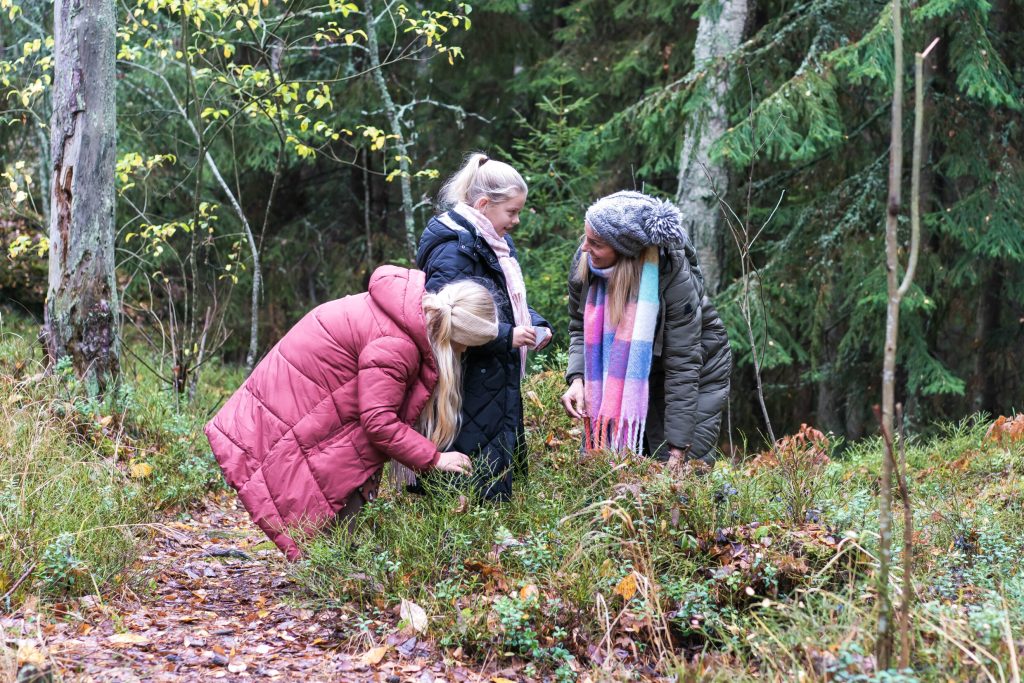Helsinki has a long tradition in promoting sustainable development. More than 20 years ago, in June 2002, the Helsinki City Council adopted the first local sustainable development agenda. The work on the local agenda was preceded by the adoption of sustainable development as one of the City’s strategic priorities, followed by the preparation of the local agenda, which was a broad and participatory process. For example, it included citizens’ forums attended by around 4,000 city residents, a major achievement in the pre-digital era. As part of the work on the local agenda, comprehensive core indicators for sustainable development were also developed and regularly monitored.
The seven overall goals of the local agenda in 2002 were the following:
- Reduction of greenhouse gas emissions
Reduction of the greenhouse gas emissions that are speeding up global climate change, in accordance with the UN Convention on Climate Change and observing the national targets set by the Government. - Protecting and fostering biodiversity in Helsinki
Preservation of the biodiversity of Helsinki in accordance with the principles of the UN Convention on Biological Diversity. - Strengthening the City’s competitiveness and business structure in order to safeguard stable economic development
- Inclusion of lifecycle thinking in the City’s physical planning, procurements and construction
One special task area is the implementation of the neighbourhood rehabilitation projects in accordance with sustainability objectives by supporting the participation of the residents and by developing ecologically sustainable construction methods. - Increasing interaction and citizens’ participation and strengthening partnership
- Prevention of exclusion and social segregation
One special task area is the safeguarding of the participation and healthy development of children and youth. - Fostering cultural diversity and the built environment
Many of these goals have seen positive progress, but the goals of the local agenda of 20 years ago are still very relevant. On the one hand, this reflects the pioneering and sometimes ahead-of-its-time work on sustainable development that Helsinki already carried out 20 years ago, and on the other hand, it shows that many sustainability themes are very long-term and require continuous development.

